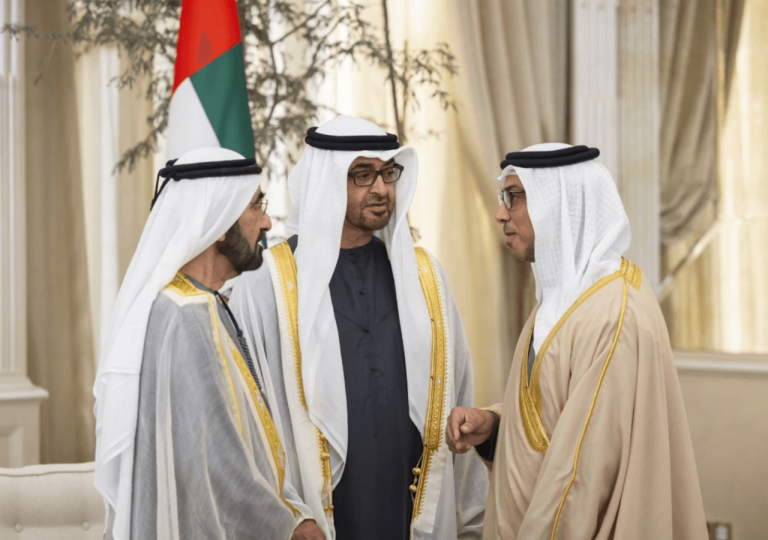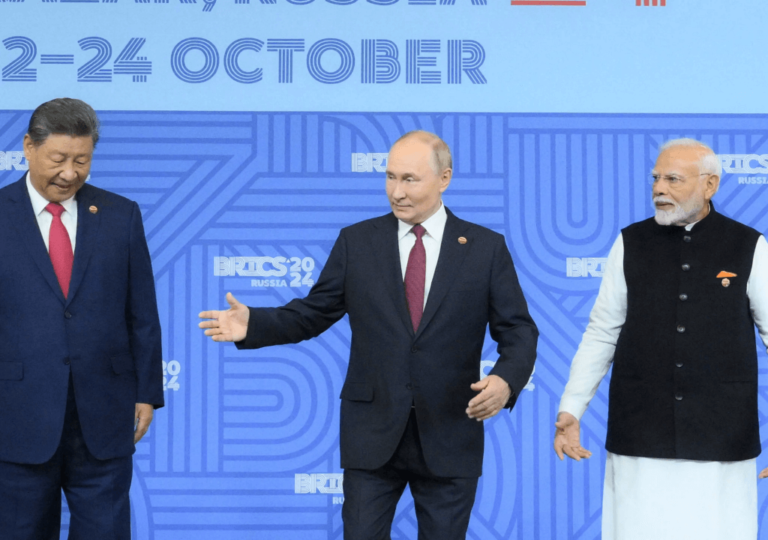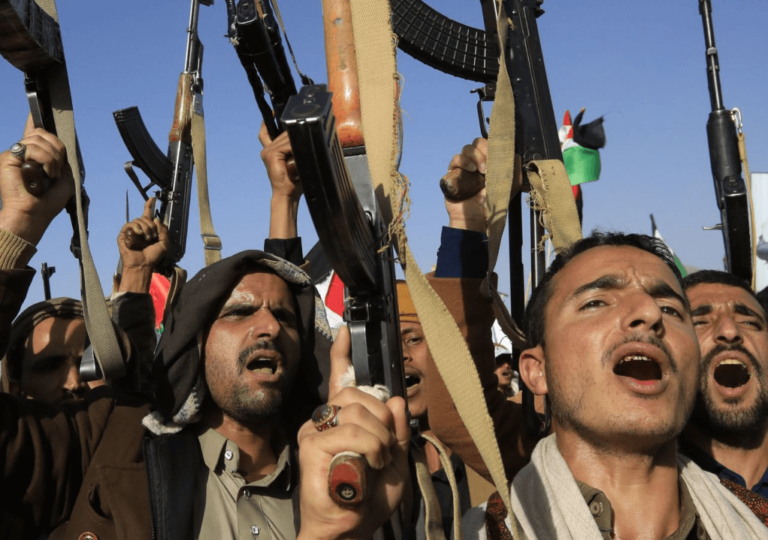The Emirates Strategic Charm Offensive in Africa

The UAE's strategic influence in Africa through diplomatic efforts, investments, and soft power initiatives

The UAE's strategic influence in Africa through diplomatic efforts, investments, and soft power initiatives

The 16th BRICS summit in Kazan highlights the bloc's growing geopolitical significance and its challenge to U.S. dominance

The Islamic world lacks a superpower to challenge Israel due to U.S. dominance and weakened regional leadership